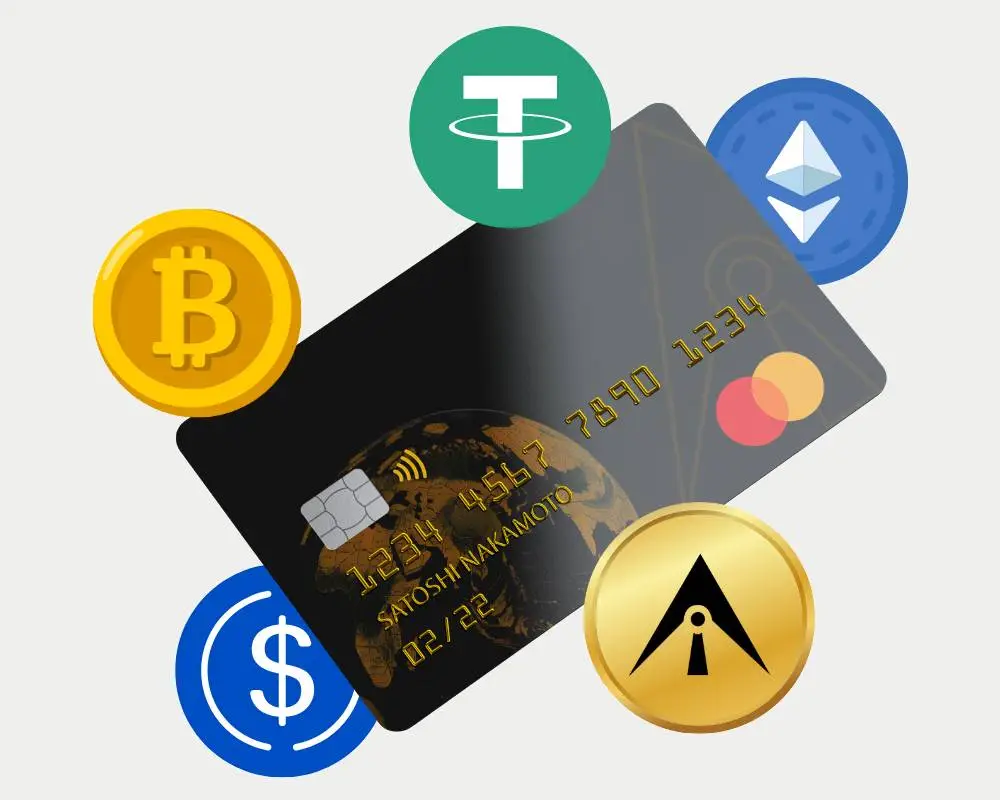How to Convert Crypto to Cash Without Breaking the Law
Before you rush to convert crypto to cash, consider this: most countries now regulate digital currency transactions. That means your crypto-to-fiat move could carry tax consequences, reporting requirements, and compliance risks.
This legal-focused guide explores how to cash out crypto responsibly — avoiding penalties, audit flags, and unnecessary stress.
Licensed Exchanges: The Safest Legal Way to Convert Crypto to Cash


If you want to stay fully aligned with financial regulations, licensed crypto exchanges are the gold standard. Platforms like Coinbase, Kraken, and Binance follow Know Your Customer (KYC) and AML protocols, helping governments track illicit flows — and helping you stay out of trouble.
Legal Checklist:
- KYC Verification: Upload your ID and proof of address
- AML Compliance: Expect transaction monitoring and limits
- Tax Reporting Tools: Some exchanges provide summaries for tax season
Process:
- Sign up and verify your identity
- Deposit your crypto
- Sell for your local currency
- Withdraw to a linked, verified bank account
Tip: Keep transaction records. You may need them during tax filing or for financial audits.
Using P2P Services to Convert Crypto to Cash: Legal Risks & Responsibilities

Platforms like Binance P2P, Paxful, and LocalBitcoins let you transact directly with individuals — which means you’re responsible for vetting both the transaction and your counterparty. Many of these platforms now comply with KYC requirements, but legal liability still sits on your shoulders.
Regulatory Risk:
- Avoid deals without escrow services
- Confirm payment methods comply with your country’s financial laws
- Record communications and receipts
Important: If you’re repeatedly transacting large volumes P2P, some jurisdictions may consider you an unlicensed money transmitter — which is a legal red flag.
Crypto Debit Cards: Legally Spend Without Selling (Sort of)

Crypto debit cards — offered by companies like Wirex, Crypto.com, and BitPay — let you spend crypto directly in fiat. These companies partner with traditional financial institutions and operate within regulated frameworks.
Behind the Scenes:
- Your crypto is instantly converted into fiat upon transaction
- Your spending activity is typically tracked for compliance
- Many providers issue transaction reports for tax purposes
Legal Note:
While it feels like you’re not cashing out, most tax authorities treat spending crypto the same as selling it — meaning it’s a taxable event.
Crypto ATMs: Fast, But Heavily Regulated

Crypto ATMs allow you to sell crypto and receive cash — often within minutes. However, regulations vary widely by country and region.
Legal Considerations:
- Most machines now require ID scans and phone number verification
- Daily limits and reporting thresholds may apply
- Operators are often registered as Money Service Businesses (MSBs)
Reminder: Frequent large ATM transactions may trigger suspicious activity reports (SARs) to financial regulators.
Stay on the Right Side of the Law: What Else You Need to Know

1. Taxes Are Mandatory
Crypto-to-fiat transactions are taxable in most jurisdictions. Depending on your location, you may face:
- Capital gains taxes
- Income taxes (if earned through mining or work)
- Reporting thresholds
Use crypto tax software or consult a certified accountant.
2. Avoid Anonymous Transactions
While crypto was built on privacy, most governments now frown upon truly anonymous conversions — especially via unregulated mixers or offshore exchanges. Stick with platforms that are transparent and licensed.
3. Declare Large Transactions
If you’re moving large sums (e.g., over $10,000), be aware of local financial disclosure laws. In many countries, failing to declare can lead to legal penalties.
Conclusion: Make Compliance Your Default Strategy

Turning crypto into cash is easier than ever — but doing it legally takes a bit of extra effort. Whether you’re using exchanges, cards, ATMs, or P2P platforms, the safest route is always the compliant one.
When in doubt? Document everything, declare what’s required, and talk to a legal or tax professional. That way, you keep your crypto gains — and your peace of mind.
Relevent news: Here





